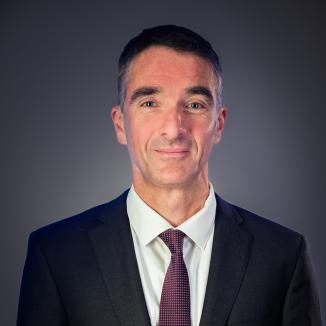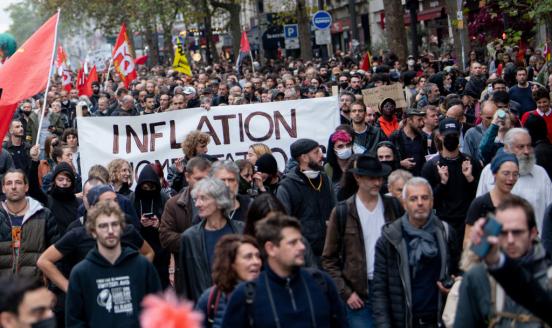Sustainable growth in transition countries
This event will feature a presentation of the EBRD Transition Report 2017-18.
Speakers
Sergei Guriev
Professor, Sciences Po
Jonathan Charles
Managing Director, Communications, EBRD,
Debora Revoltella
Director, Economics Department, European Investment Bank
VIDEO & AUDIO RECORDING
summary
The event featured the presentation of the EBRD annual report which presents an analysis of growth opportunities in transition countries. Contrary to the previous EBRD annual report that focused on the inclusion, 2017-2018 version is rather about the challenge of sustainable growth as the inclusion is necessary but not sufficient condition for country’s development. In particular, special attention is paid to the study of middle-income economies. The challenge is threefold:
- Post crisis slowdown. Relatively slow growth rates of emerging economies in the EBRD region compared to the growth rates of countries locates elsewhere
- Middle-income trap which is mainly used to describe the slowdown of the economies which reach the middle-income level
- A need for environmentally friendly growth models
Middle income countries in the EBRD region are currently characterized by the post crisis slowdown in productivity growth that is lagging behind other countries’ growth elsewhere in the world. The need for a new growth model has been underlined as the countries have difficulties transitioning from the model, which is based on the investment to the growth model which incorporates innovation and advances in technology. At the same time, this transition should be accompanied by the necessary institutional changes which can incentivize the delivery of new products and services. Firm dynamics and productivity represents an important dimension when one speaks about incentives to innovate. There is a myriad of small and inefficient firms in the EBRD region, which accounts for the lower aggregate levels of productivity. Middle income trap is also characterized by the so-called “environmental Kuznets curve”. Higher levels of pollution per unit of GDP can be found within the group of the middle-income countries. This particularly applies to the post USSR countries. Good news is that countries of the EBRD region are reported to substantially decrease the level of pollution. However, there is still a need for more environmentally friendly economic policies to close the gap with other middle-income countries.
Overall, sustaining growth in the transition economies despite being challenging, as there is no one-size- fits-all solution, is possible with the necessary policy reforms along the four axes of innovation, integration, institutions and integration.
Event notes by Yana Myachenkova, Research Assistant.






